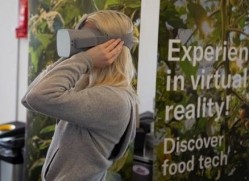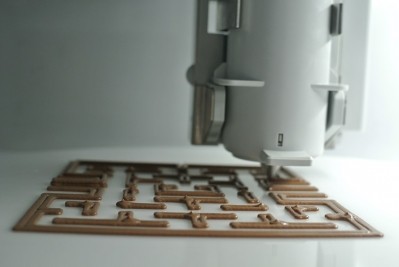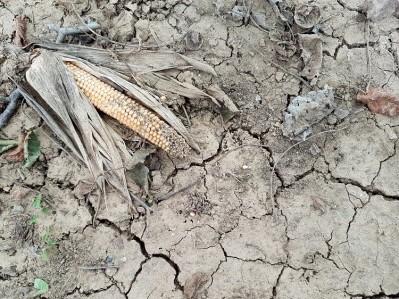EIT’s Future Kitchen project develops immersive virtual reality experience: ‘We are making an impact and we have only just begun’

The Future Kitchen video series aims to showcase how technology in Europe is integrated into the food industry. The objective is to spotlight how technology helps to solve problems facing the food sector and how it is transforming the way food is produced along the chain.
The virtual reality content can be viewed on FoodUnfolded, EIT Food’s global, digital platform that creates and shares original content on the latest food and agricultural innovations.
According to Dr Holly T. Kristinsson, a consultant for innovation and market analysis at Matis - as well as coordinator of the Future Kitchen – the project speaks to some of EIT’s core aims.
“The core of the project reflects what EIT Food, Europe´s leading innovative food initiative sets out to do, working to make the food system more sustainable, healthy and trusted,” she told FoodNavigator.
Food tech ‘integral’ to innovation
Dr Kristinsson stressed that developments in food technology are central to the way the food sector understands and develops food.
In order to support consumer trust in science-based innovation – which in turn has a knock-on effect on market adoption and regulatory positions – the food industry must communicate the benefits and safety.
And, according to Dr Kristinsson, the Future Kitchen project is answering a very real thirst from consumers for knowledge about where their food comes from.
“It is important to start now to create strong and unique interactive and engaging food connections, infotainment, around science and facts. The key role that technology plays in our food system and the importance of our relationship with food is addressed by the communication and educational ecosystem that this project is establishing,” she suggested.
The communication and education platform took a ‘digital meets physical’ approach to its objective, inspired by increasing demand for ‘edutainment’.
“We set out to create a balanced and honest novel food communication ecosystem where various technologies and partners (institutions, SMEs, universities, and companies) intersect in this project venture.”
Icelandic greenhouses, 3D printing and vertical farming
The first three videos in the series have spotlighted some of the exciting innovations coming out European universities and start-ups. The focus is on food technologies that support the sustainable development of the food sector.
The first video looks at how farmers are growing tomatoes in greenhouses powered by geothermal energy in the hostile conditions of Iceland.
Other videos in the series examine how 3D printing technologies from start-up Foodini are being used to reduce fish food waste. Additional instalments see Plantcube walk viewers through the ‘ins and outs’ of vertical farming and examine approaches to food waste from Beyond Bread and FlatEv.
“Viewers are very receptive and are really surprised and amazed not only by how engaging the VR technology is, but also in what they are learning through the videos, fascinated by the food ecosystem and the origin of their foods- farm or sea to fork. Other areas of interest are how we can make foods more sustainable, reduce waste, and what food technology can really do to change our lives and the health of the world now and into the future,” Dr Kristinsson noted.
Creating an education ecosystem
Future Kitchen hopes its work will help create a thriving innovation ecosystem around food tech "demonstrating the positive side of technology to consumers and creating an open and honest dialogue on food between people, start-ups and industry", the project’s coordinator explained.
As well as reaching consumers directly through various physical and digital touch points, Dr Kristinsson explained Future Kitchen is also working with museums, educational institutions and public events to ‘encourage greater outreach and learning opportunities’.
She believes that telling food stories through virtual reality is key to getting the broader public to engage with food tech innovations. “The immersive experience through VR can allow those individuals not yet connected... to see a processing facility, that they otherwise may not have had the opportunity to see or be able to visualise or even connect to. This allows for a greater connection or re-connection to where our food comes from, what the relationship with food is really about and how important it is.
“Ultimately, if consumers and communities can learn something, be inspired, and come away with positive information that then encourages them to consider aspects of food and food technology more and share with their peers, we will be making headway in the right direction.
“The partners are learning, the virtual reality filming and editing teams are learning new things about food, and the viewers, they are learning and are excited and they can actually say that they were having fun. We are making an impact and we have only just begun.”

















